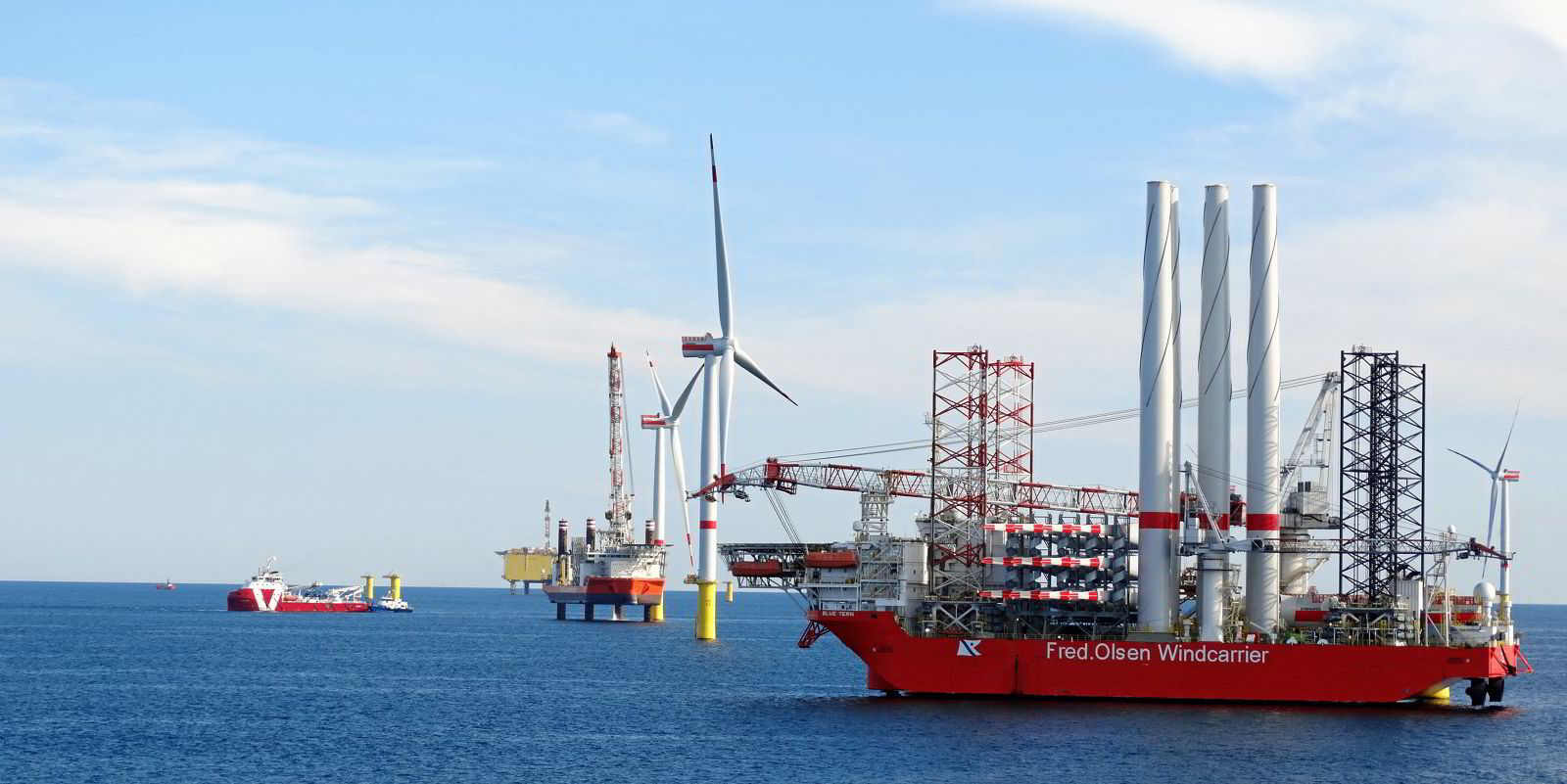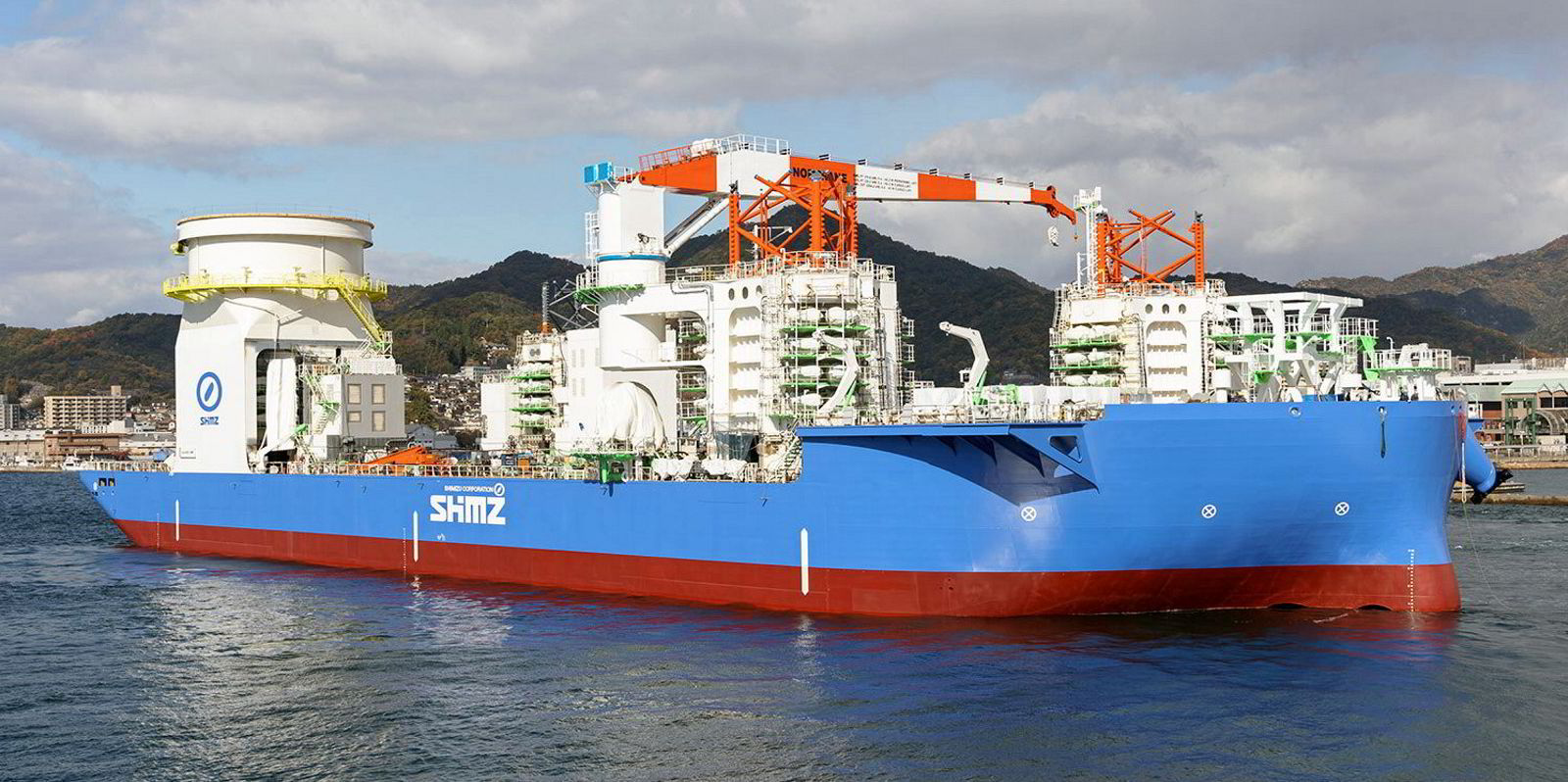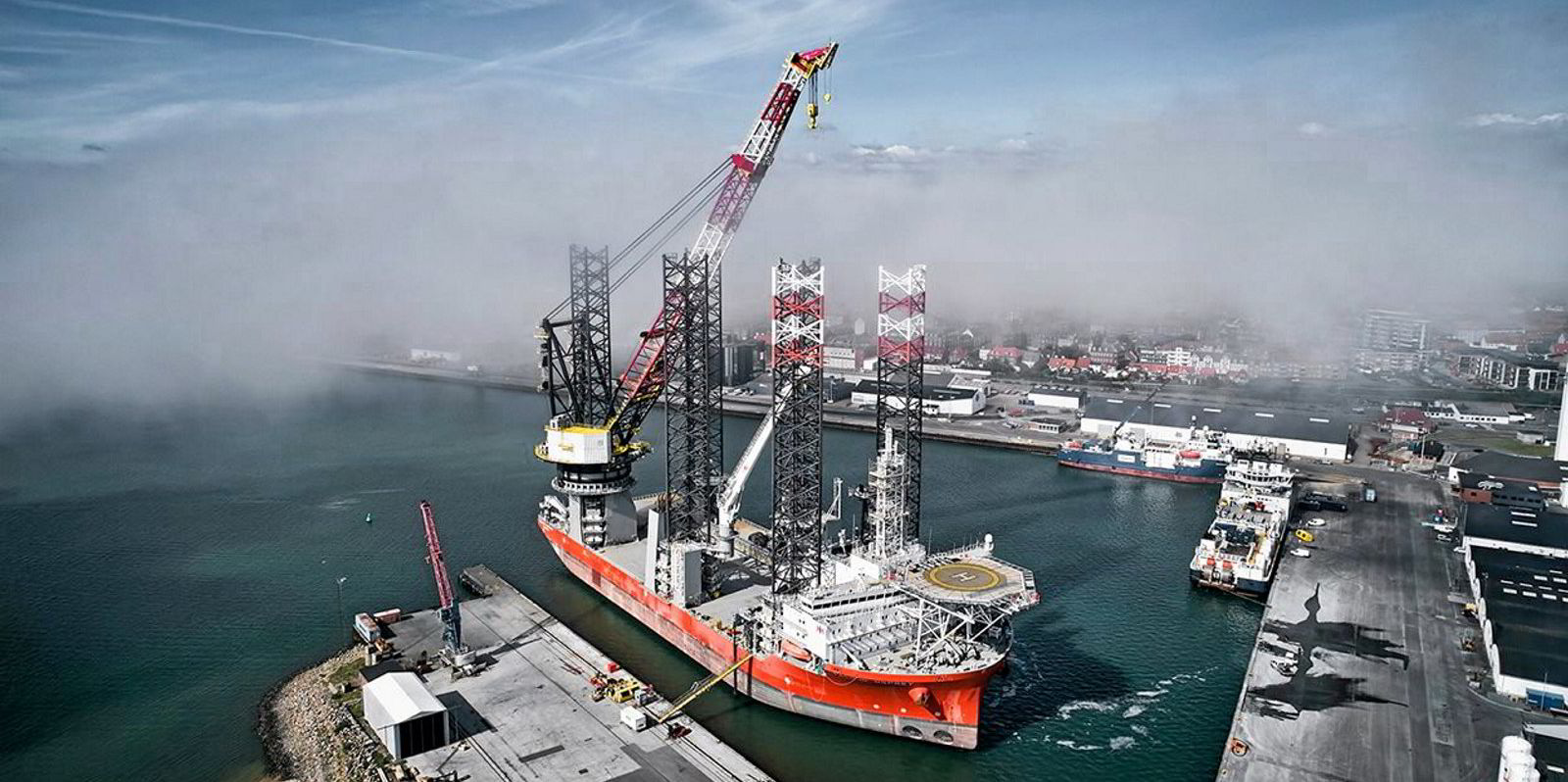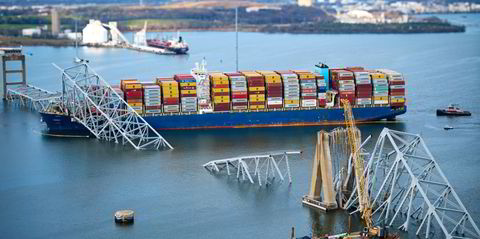Protection and indemnity insurers are targeting the fast-growing offshore wind market for mutual and fixed premium business lines.
Offshore is now one of the most attractive growth areas for International Group of P&I Clubs members.
Clarksons Research recently highlighted the growth in marine services related to the market, with a study showing $22bn of capital expenditure in 2022 and $52bn expected this year.
The fleet supporting offshore wind farm construction and maintenance has reached 1,283 vessels and there are 190 under construction.
In 2018, Thomas Miller-managed UK P&I Club — together with Thomas Miller Specialty Offshore — launched a range of insurance covers for its members operating in the offshore arena.
Offshore developments are not only attractive because the renewables sector is a rapidly growing market, but because a lot of P&I club shipowner members are moving into the sector.
“A number of UK Club members, both owners and charterers, are already involved in offshore renewables and we see this sector as a large growth area for the club over the next few years,” said senior underwriting director James Petrie.
The UK Club insures more than 1,000 offshore vessels, mainly in the US, Asia, Europe and the Middle East. Vessels include tugs, dredgers, seismic vessels, cable-laying vessels, heavylift vessels, wind turbine installation vessels, storage vessels, offshore support vessels and mobile offshore units.
The club registered a 12% growth in the sector last year.
It has a global approach to the business, but it has witnessed the potential of the renewables market most clearly close to home.
“… The recent Offshore Energies UK report has called on the government to speed up production approvals and facilitate a rapid expansion of offshore wind, and this is obviously a huge opportunity for growth in the domestic sector,” said the club’s offshore & contracts director, Anna Macdonald.
“We are also seeing a significant uptick in offshore wind activity in the US, Japan and Asia.”

Generally, oil and gas offshore units are covered through fixed premium insurance, as there is an oil and gas production, drilling and exploration exclusion clause in the International Group of P&I Clubs’ pooling agreement.
Charterers’ cover — an increasingly important part of offshore coverage for clubs — is also being provided through fixed-premium insurance.
Renewable energy developments and ships are generally covered through mutual P&I cover.
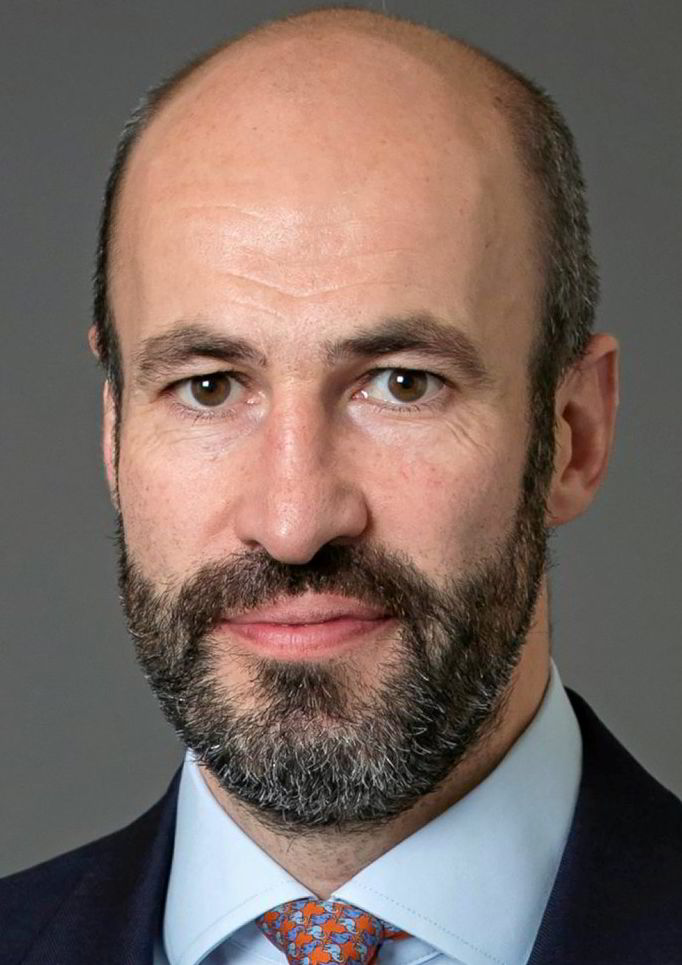
Petrie said clubs can cover most liabilities in the sector.
“More vessels will need to be built or adapted to keep up with the demand for these specialist offshore wind projects, both here and globally, and that will mean new tonnage coming into the market,” he said.
“Given our proven track record in the renewables sector, we anticipate that the UK Club will be well positioned to support companies starting offshore renewables activities.”
Offshore has traditionally been a key market for the specialist P&I insurer Shipowners’ Club, which is one of the largest underwriters in the sector. It covers about 4,000 vessels across oil and gas and renewables.
Shipowners’ underwriting director Ian Edwards said that although renewables is the growth market, the club still expects to see strong demand in the oil and gas sector despite global decarbonisation.
He noted that the excess supply in the oil and gas industry over recent years has gone and it is now a more attractive market.
“More of the oil and gas service vessels are operational again,” he said.
“There was an extended period post-2014 where a number of vessels were laid up, but now I think all of that excess supply has largely worked its way out of the system, and as a consequence, we have seen premium income increase in that area over the next 12 months.”
The UK government has committed to decommissioning North Sea oil and gas infrastructure in line with its policy to achieve net zero carbon by 2050.
Edwards pointed out that with close to 2,000 wells still operational, it will not happen overnight.
“I think we’ll see a steady book of business in oil and gas.”
